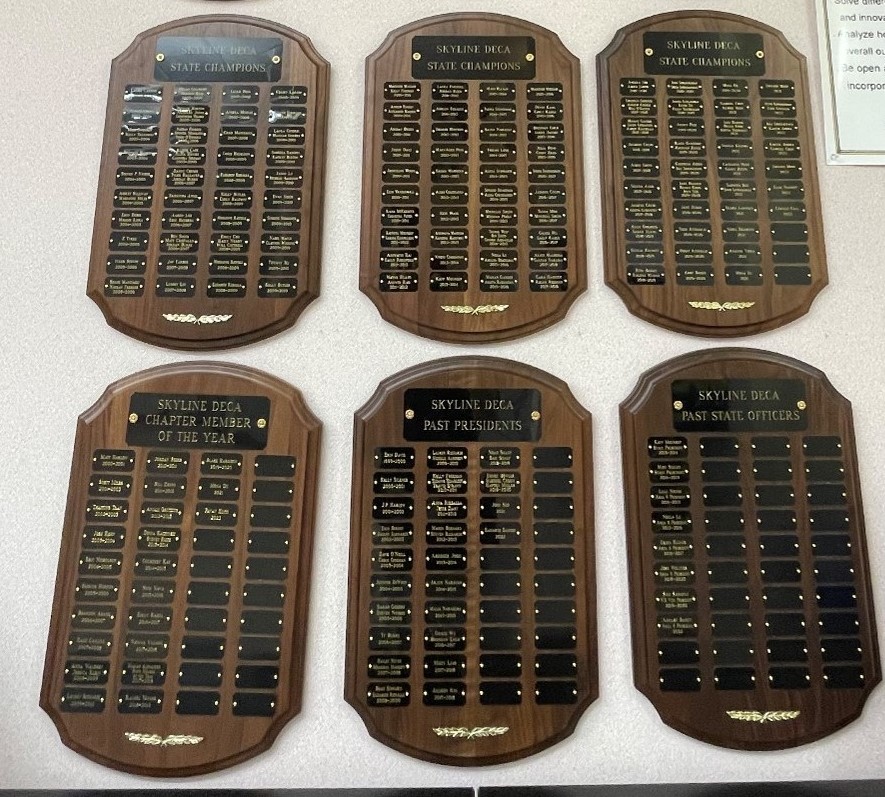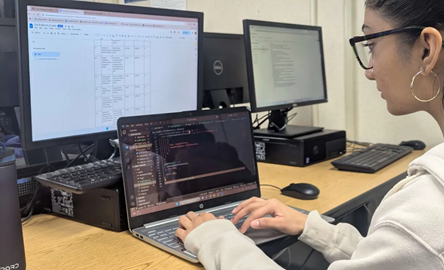DECA is an organization that prepares emerging leaders and entrepreneurs by integrating classroom knowledge with real-world scenarios through competitions. In 1999, a business teacher, Mr. BJ Sherman founded Skyline DECA and brought thirty students to the regional-level competition. Since then, the DECA chapter has expanded. This year, Skyline DECA has more members than ever, about 600 students participating – that is about a quarter of the students. We are one of the largest DECA chapters internationally and dominate other schools in our area in terms of competition success.
At Skyline, to get involved with DECA, students must be currently enrolled in or have previously taken a business class. Along with gaining business knowledge, our business classes also provide students with critical life skills such as managing personal finances.
Sherman states that the most important personal finance concept is compound interest. Compound interest is the interest earned on the interest you’ve previously earned, allowing individuals to grow their money exponentially. Three factors impact the compounding of money: money imputed, rate of return and time in the market.
The first factor, the amount of money invested, is simple: If individuals invest more money, they are likely to earn more money. The second factor is the rate of return on the money invested. High-risk investments like stocks can yield higher returns, but also contain a higher risk of losing money. These two factors can be controlled by individuals. The third factor, which is time in the market is what it is. As time slips away, it’s gone forever. On the bright side, Sherman states, “You guys are almost guaranteed winners since you have a lot of time to invest.” As high school students, there is a lot of time to invest, and if individuals start investing early, there is a lot of time for that money to compound.
A special thank you to Mr. Sherman for establishing a great DECA program, being an amazing Sales and Marketing teacher, and for agreeing to be interviewed.
Trivia questions (answers below):
1. If you have $1 with a 10% interest rate that compounds every day, how many days would it take to turn into $1000?
A) 32 days B) 74 days C) 134 days D) 1000 days
2. What percentage of your income should ideally be allocated towards savings, including retirement funds?
A) 5% B) 15% C) 25% D) 50%
Question 1: B
Question 2: B









